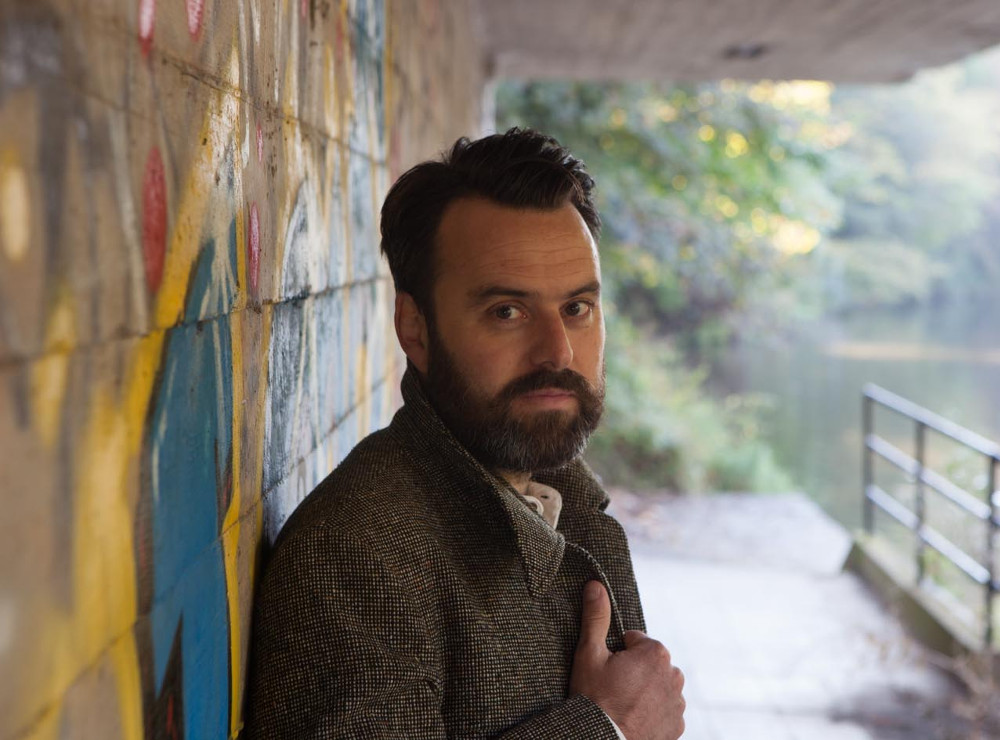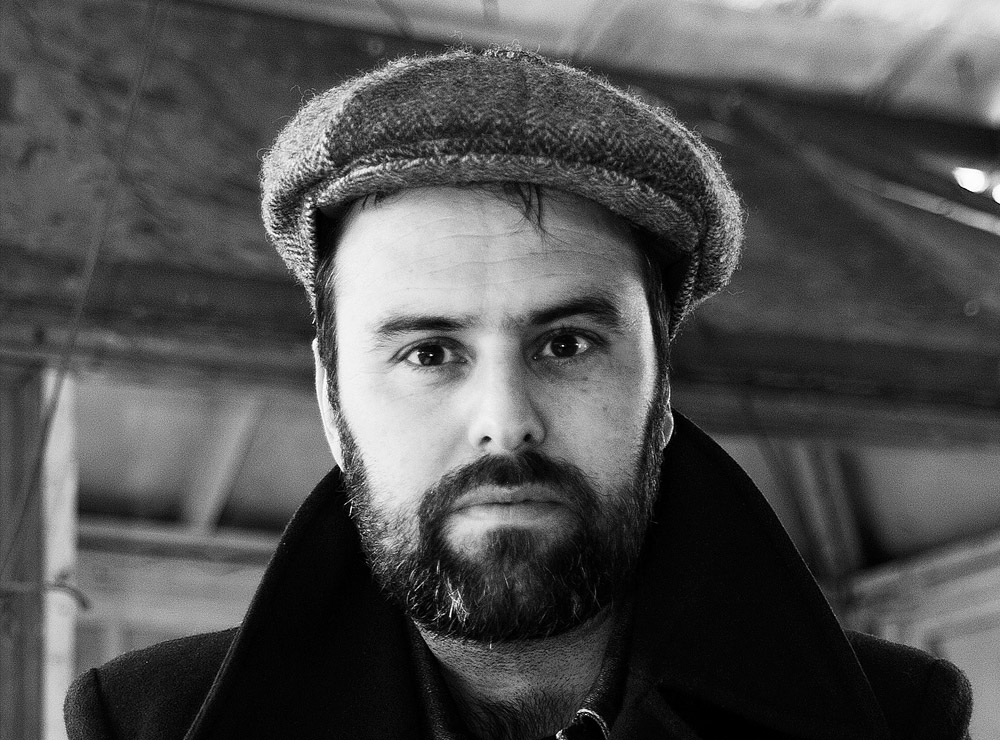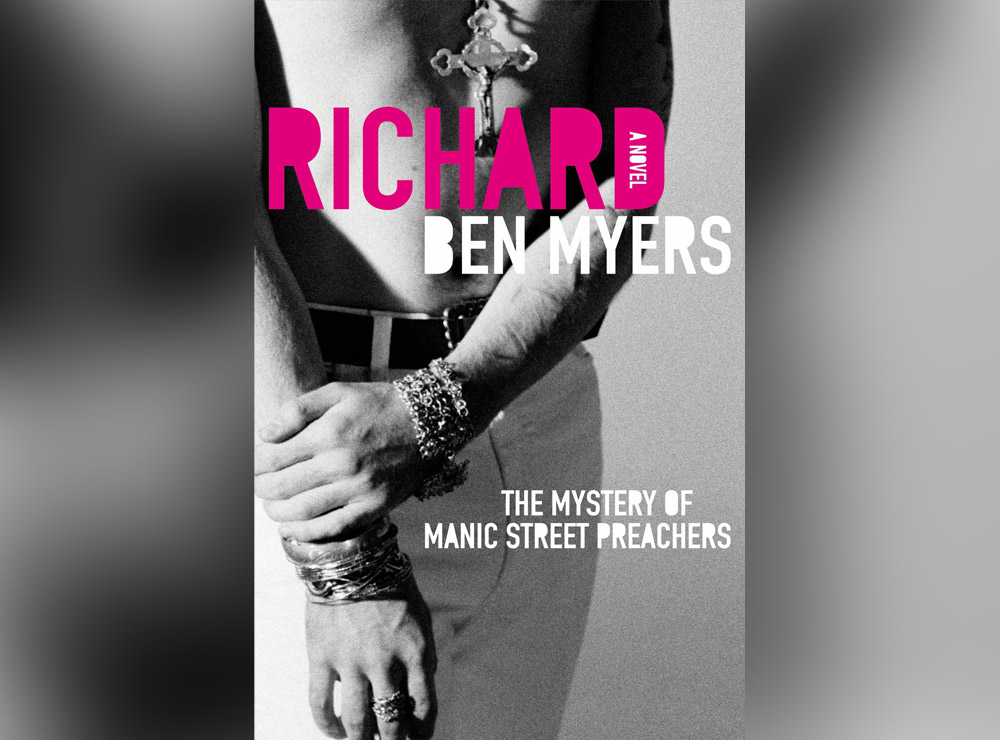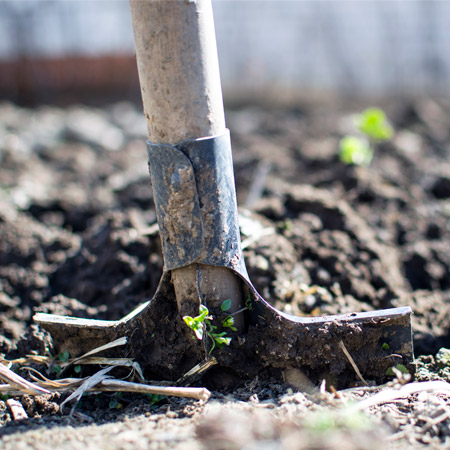Related Writers
Literature organisations
Discover more
Connections

Literature, Live
Pat Barker & Michael Morpurgo
In conversation at Durham Book Festival

News
Pitch for new funding from the ILS Collection
Round Two now open

Beyond the page
Editorial: Beyond the Page
Sam Ruddock explores the different ways we can experience literature off the page

Commissions
Ten Men
By Benjamin Myers




